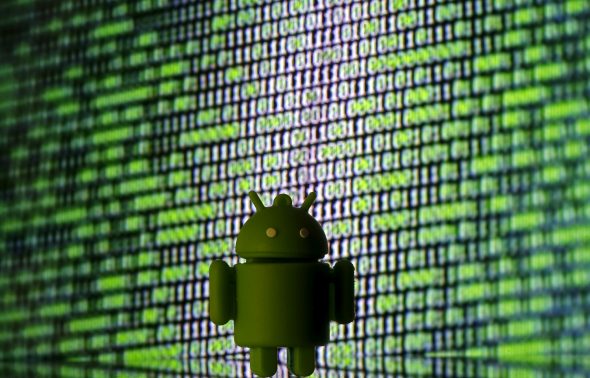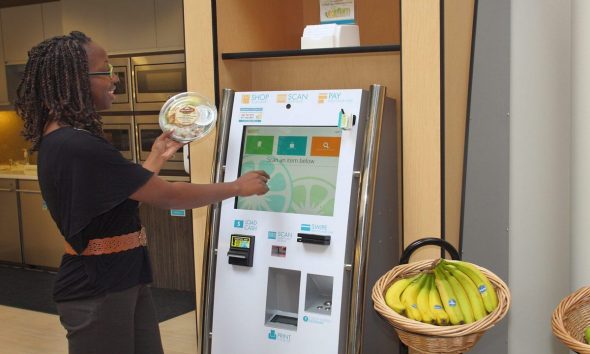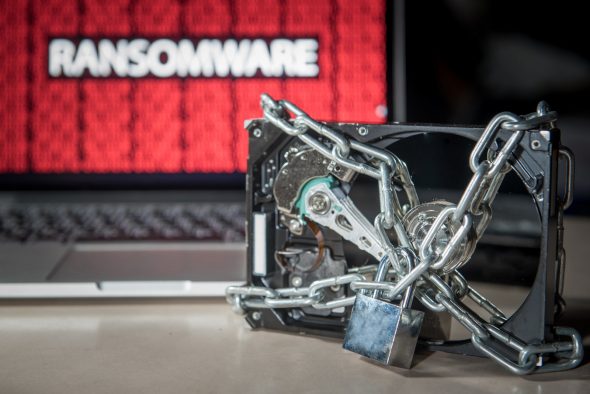Nvidia and Baidu Join Forces to Take AI to Devices and Cloud
The Chinese powerhouse Baidu and Nvidia, the chipmaker company, have revealed a newly formed strategic partnership. The goal of the partnership is to accelerate the development of AI solutions for vehicles, cloud data centers and IoT devices.
Nvidia’s DRIVE PX platform will be implemented by Baidu in their Apollo project, brought forward in cooperation with Chinese car makers to make driverless cars a reality. Nvidia’s DRIVE platform merges Tesla GPUs, Nvidia’s CUDA and TensorRT software.
Book a demo today to see GlobalDots is action.
Optimize cloud costs, control spend, and automate for deeper insights and efficiency.

On the other hand, Baidu will grant Nvidia access to its DuerOS voice recognition platform most likely to be implemented in its Shield TV offering, enabling users to control the system via voice commands.
As for cloud technologies, the partnership implies Baidu’s deployment of Nvidia’s HGX architecture alongside Tesla Volta V100 and Tesla P4 GPU accelerators, which will enable AI training in its data centers. The tech stack is meant to work along PaddlePaddle, Baidu’s deep learning framework and Nvidia’s TensorRT.

Read More: Cloud Pro
Netflix is Boosting Data Science and Algorithm Team
As it hit the 100 million users earlier this year, Netflix is looking to take their distribution systems to the next level.
Netflix uses its own CDN, called Open Connect, to minimize costs and boost the overall quality of service for users. In doing so, it always looks for ways to optimize content allocation and ensure optimal load balancing among clusters of servers. To help improve its quality of service (QoE), Netflix began developing their own data science team back in 2014.
Currently, their data science efforts are oriented at improving content delivery by leveraging data on when, where, and how content is consumed in order to assist with caching, load balancing, and encoding. Netflix is tweaking their algorithms to make sure the methods are tailored to specific clusters for load balancing.
With the increased input of customer data and further investments in data science, Netflix will be able to predict and plan for server requirements changes well ahead of schedule.

Read More: Bizety
New Android Malware Infects Over 14 Million Devices
Recently, a new strain of Android malware has been discovered. It already infected over 14 Million Android devices, and earned its creators some $1.5 million in fake ad revenues.
The rooting malware, dubbed CopyCat, has the ability to infect devices and insert malicious code into Zygote – a daemon responsible for launching apps on Android.
Check Point security researchers that discovered the malware claim that CopyCat has infected 14 mil systems, rooted almost 8 million, had 3.8 million served ads and 4.4 million of devices were used to hijack credit for app installation.
The majority of CopyCat victims are located in South and Southeast Asia with India being the most affected country. Also over 280,000 Android devices in the United States were infected demonstrating that a large portion of Android users still relies on old unpatched versions.

Read More: Hacker News, CheckPoint Blog
Self-Service Kiosk Systems by Avanti Have Been Hacked
Last week, Avanti has suffered a breach of its internal networks. Apparently, hackers managed to push malicious software to payment device. Avanti warned of the serious breach saying it may have jeopardized credit card accounts as well as biometric data.
“On July 4, 2017, we discovered a sophisticated malware attack which affected kiosks at some Avanti Markets. Based on our investigation thus far, (…) it appears the attackers utilized the malware to gain unauthorized access to customer personal information. Because not all of our kiosks are configured or used the same way, personal information on some kiosks may have been adversely affected, while other kiosks may not have been affected.”
From Avanti’s “notice of data breach”
The company guesses that the malware was designed to collect payment card information (cardholder’s first and last name, credit/debit card number and expiration date).
Although POS breaches became almost common occurrences, this breach is especially notable as it may also have gathered customer biometric data (Avanti kiosk systems allow users to pay using a scan of their fingerprint).

Read More: Avanti, KrebsOnSecurity
Petya Ransomware Author Releases Decryption Key
As variations of the Petya ransomware wrecked havoc across the world last month, the author of the original strain has now released a master key for decryption of devices infected by Petya.
As the author that goes by the pseudonym Janus released the key, many security researchers have already confirmed its authenticity. Although the most destructive strain of the malware, NotPetya, is still immune to the key, it is a big step towards a complete final solution for it as well.
Janus has initially released Petya as a “Ransom-as-a-Service” from which he could get a cat, but claims that the NotPetya strain was created by another hacker that tweaked the original strain. Security researchers believe that NotPetya was only disguised as ransomware while its real goal was indeed to cause disruption.

Read More: Hacker News






